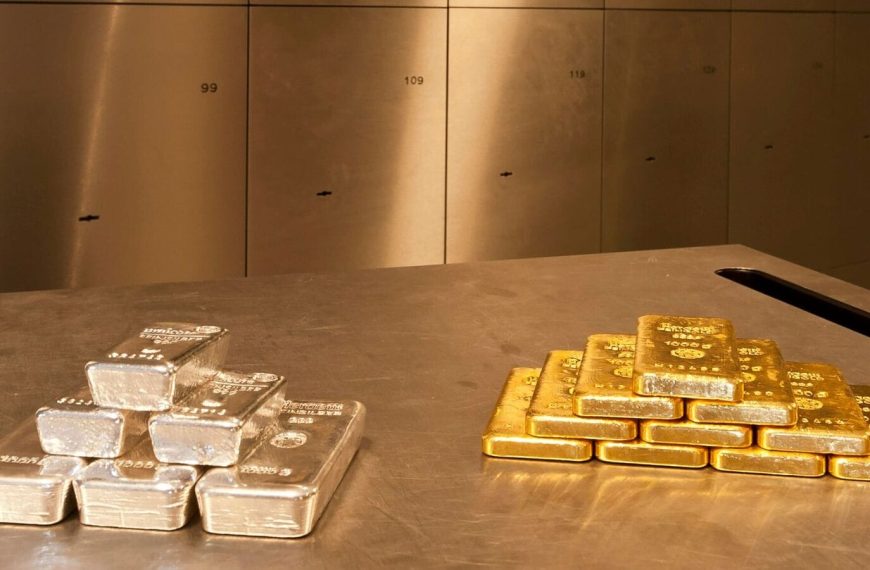World cocoa and coffee prices saw a rebound on Friday after experiencing significant declines earlier in the week, yet they still recorded losses for the week due to ongoing fears of a potential global recession among investors. The U.S. government announced a temporary halt on most increased tariffs for a span of 90 days, maintaining a 10% tariff for all nations except China, which faces hefty tariffs of 145%. In response, China has imposed its own 125% tariffs on American goods.
Cocoa Market Insights
Trading on the ICE exchange in London showed cocoa futures closing up 213 pounds, or 3.6%, reaching 6,207 pounds per ton. However, the weekly outlook remained bleak, with prices down 3% overall. In New York, cocoa prices rose by 4.5% to $8,440 a ton, despite a 1% decline for the week.
"Tariffs create uncertainty and are detrimental," remarked a cocoa and coffee expert. "The resulting economic slowdown leads investors to hold off, and consumers tend to buy less chocolate and coffee."
The Impact of Tariffs on Cocoa Producers
The Ivory Coast, a leading cocoa exporter, is considering strategies to increase cocoa prices if President Trump’s proposed 21% tariffs on Ivorian products are implemented. While the Ivory Coast cannot dictate the global cocoa price, it can opt to raise export taxes.
Prior to the announcement of tariffs, cocoa investors were already worried about declining demand driven by rising prices. Barry Callebaut, a major player in the chocolate industry, reported a 4.7% drop in sales volume for the first half of the year ending August 31, predicting a mid-single-digit decline for the entire year.
Coffee Price Movements
In the coffee market, robusta coffee futures saw a gain of $153, or 3.1%, bringing the price to $5,049 per ton. However, they still faced a 2% decline over the week. Arabica coffee futures increased by 3.5% to $3.536 per pound, but ended the week down 2.7%.
According to BMI, a division of Fitch Solutions, there are concerns about reduced coffee demand stemming from U.S. tariffs. However, they have adjusted their annual arabica price forecast upward to $3.40 per pound, up from $2.40, anticipating production declines in major coffee-producing countries like Brazil and Vietnam.
Sugar Market Trends
In the sugar sector, raw sugar prices dipped by 0.12 cents, or 0.7%, settling at 18.00 cents per pound, resulting in a 4.4% weekly loss. Meanwhile, white sugar prices fell by 0.2%, landing at $523.00 per ton.
The interplay of tariffs and market dynamics continues to shape the cocoa and coffee industries, leaving stakeholders on edge as they navigate through these turbulent economic waters.











